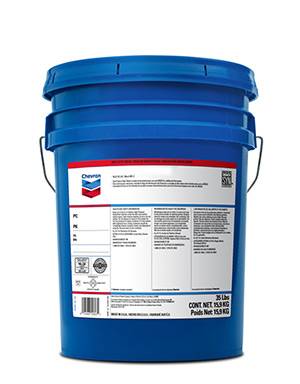Sep . 11, 2024 01:39 Back to list
gauge measurement tool
Understanding Gauge Measurement Tools
In the world of engineering and manufacturing, precision is paramount. One of the essential tools used to achieve this precision is the gauge measurement tool. These instruments play a critical role in ensuring that the specifications and tolerances of various components are met, thereby maintaining the quality and reliability of products.
Gauge measurement tools come in a variety of forms, each designed for specific applications. One of the most common types is the caliper, which is used to measure dimensions such as length, width, and depth with remarkable accuracy. Calipers can be analog or digital, with the latter providing an easier-to-read display that minimizes human error. Whether used in mechanical workshops or laboratories, calipers are indispensable for engineers who require precise measurements.
Another widely used gauge is the micrometer, which allows for extremely fine measurement of small objects, often in the range of one thousandth of a millimeter. Micrometers function by using a calibrated screw mechanism to activate a spindle, providing a high degree of accuracy. This makes them particularly useful in fields where minute measurements are critical, such as in the automotive or aerospace industries.
gauge measurement tool

For measuring the thickness of materials, tools such as the thickness gauge or the feeler gauge are employed. The thickness gauge is instrumental in assessing the thickness of various materials, ranging from metal sheets to protective coatings. Meanwhile, feeler gauges consist of multiple blades of varying thicknesses, which are used to measure gaps or clearances in mechanical components. This capability is crucial in ensuring that parts fit together correctly and function as intended.
In addition to mechanical gauges, electronic measurement tools, such as laser and ultrasonic gauges, have revolutionized the way measurements are taken. Laser gauges utilize beams of light to measure distances with high accuracy, making them ideal for large industrial applications where traditional tools may fall short. On the other hand, ultrasonic gauges employ sound waves to measure thickness, making them suitable for scenarios where contact measurement is impractical.
Calibration is another vital aspect of using gauge measurement tools. To maintain accuracy over time, these instruments must be periodically calibrated against known standards. This ensures that they deliver precise readings, which is especially important for quality control processes in manufacturing. A well-calibrated gauge can mean the difference between a successful product launch and costly recalls due to defects.
In conclusion, gauge measurement tools are indispensable in various industries, providing the accuracy and precision required for high-quality manufacturing and engineering processes. From simple calipers and micrometers to advanced electronic gauges, each type of tool serves a specific purpose, ensuring that manufacturers and engineers can meet their exacting standards. As technology continues to evolve, so too will the tools available for measurement, further enhancing the precision and efficiency of the manufacturing process. Whether you are a seasoned engineer or a novice in the field, understanding and utilizing gauge measurement tools is essential for achieving success in today's competitive landscape.
-
Why Metric Trapezoidal Thread is Ideal for Precision Motion ControlNewsAug.05,2025
-
The Unique Properties of a Block of Granite for Industrial UseNewsAug.05,2025
-
The Role of Flanged Y Strainers in Preventing Pipeline ClogsNewsAug.05,2025
-
The Importance of Regular Calibration for Master Ring GagesNewsAug.05,2025
-
How a Cast Iron Surface Table Enhances Accuracy in ManufacturingNewsAug.05,2025
-
Comparing Different Check Valve Types for Optimal Flow ControlNewsAug.05,2025
Related PRODUCTS









